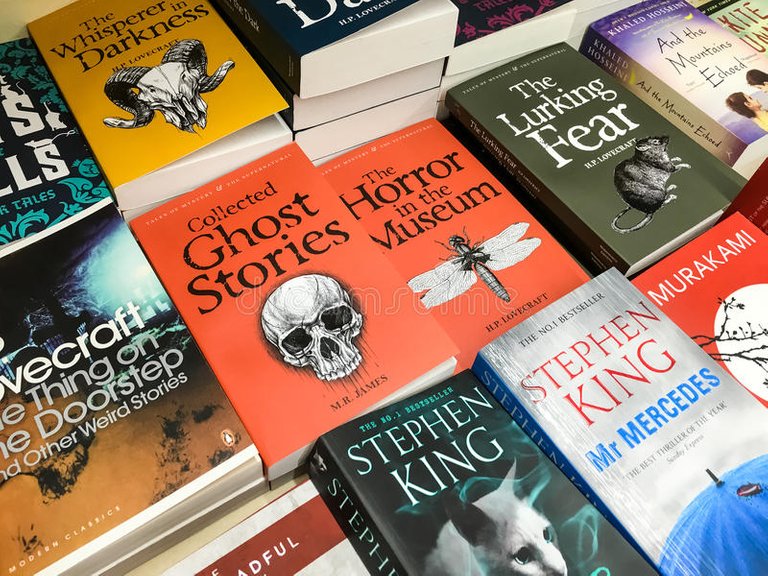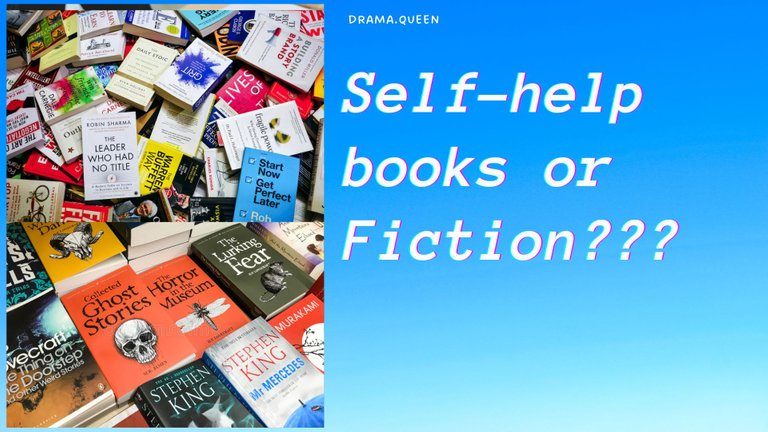
While certain combinations such as bread and butter or yam and egg may be expected, I am here to offer a unique pairing: Self-help books or fiction.
Disclaimer:
When it comes to books, I'm an equal opportunity reader - I'll dive into any genre, from sci-fi to memoirs, with the exception of romance(I’m sorry guys. It’s just not my thing). But other than that, I'm game for any literary adventure that comes my way. I believe that every book has something unique to offer, whether it's a thrilling plot twist or a deep dive into the human psyche. However, self-help books are my least favorite book to read.
Why this contrast?
There's a cliche belief among mostly fiction readers that people who invest solely in self-help books can be delusional. While I don't entirely disagree with this notion, I do believe that generally, most 'self-help books' have some disadvantages.
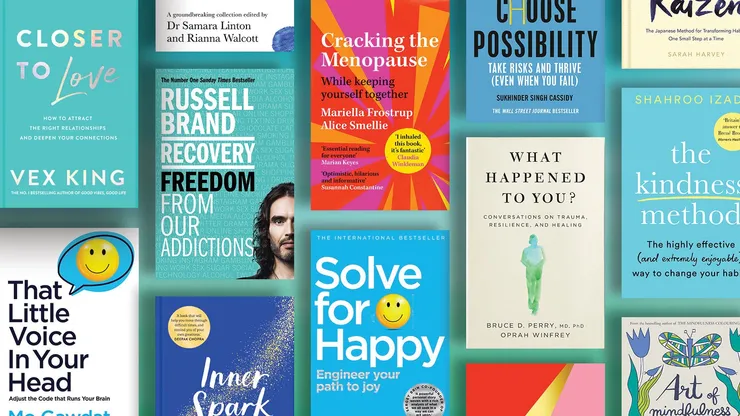
Disadvantages
Lack of depth: Self-help books often offer a unrealistic approach to personal growth. They tend to oversimplify complex issues and may not provide the depth needed to fully understand and address them. They often promote a focus on individualism and personal achievement, which can lead to a sense of isolation and disconnection from others.
Unrealistic promises: Some self-help books make unrealistic promises, such as instant success or happiness, which can set readers up for disappointment and disillusionment. I like to believe some people read these books for some sort of conviction or validation. People sarcastically like to tag self help books -- 'Aspire to perspire'.
Repetitiveness: Many self-help books have similar themes and advice, leading to a sense of repetition and boredom. This can make it difficult to maintain interest and engagement with the material. I think every self help book is saying the same thing, but in different languages,
It is sad and ironic that the author of a self-help book committed suicide. However, this drives home my points - the complexities of human experience cannot always be fully captured or addressed in a book, therefore self - help books should not be seen as a one-size-fits-all solution to life's challenges.
Fun fact
Despite my reservation about self-help books. I recently found out one of my favorite books of all time - The Alchemist, though a work of fiction, is considered a self-help book. After this discovery, I told myself - “Queen, this is probably the kind of self help books you will enjoy reading”
Hollup!
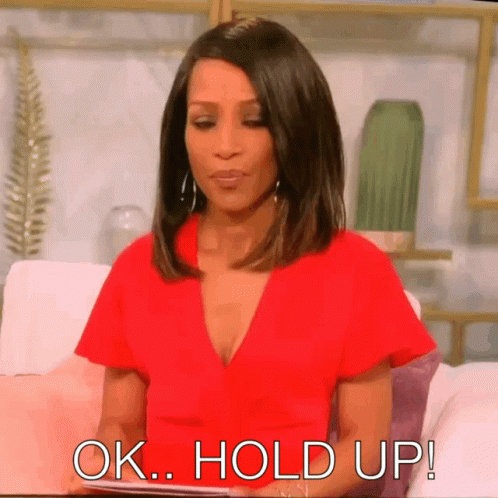
You are probably thinking you read wrong because a few seconds ago, you read where I claimed that most self help books are not real, but I enjoy reading fiction (they are not real)
Just to clarify, fiction is not reality, and that's why it's called fiction. Writers are not creating an imaginary scenario and presenting it as real just to make readers feel better about themselves or to encourage them to do better.
While I acknowledge that it is fiction, and I’m not probably not reading to learn to focus on my goals, or build a better waking up habit. I read books for various reasons. For instance, I enjoy how Dan Brown's captivating fiction give me chills, Sidney Sheldon's intriguing books, consider John Grisham one of my favorite authors, and everybody knows Chimamanda Adichie's never misses… sometimes, to connect with relatable new authors, and sometimes just get drawn in by an appealing title or cover art.
Although,
While I may have some reservations about self-help books, I do acknowledge that they can be greatly beneficial to some readers. For instance, I thoroughly enjoyed reading "The Subtle Art of Not Giving a F*ck" by Mark Manson, thanks to the counterintuitive approach he employed. It left me wanting to explore more of his works, as he strikes me as an intriguing writer.
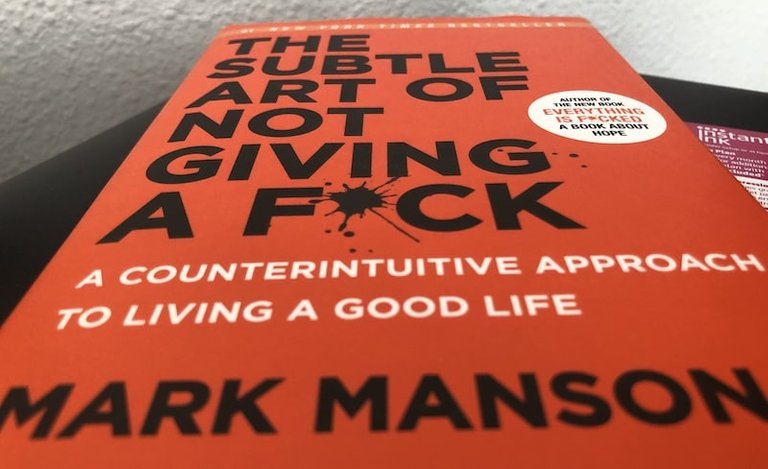
"Atomic Habits" by James Clear, is a self help book I appreciated for its scientific approach, and "The 7 Habits of Highly Effective People," which offers philosophical and psychological insights.
I am sure there are lot more self books that are well-written, thoroughly researched and backed up by science, psychology or philosophy, logic, or ethics.
While I don't believe that self-help books are inherently bad, I do think that they should be approached with a critical eye and balanced with other genres to avoid these potential pitfalls.
I would read a philosophical book in form of self-help in a heartbeat. Therefore, my reservation is not with the theme/genre in itself, but the content.
My answer…
Let’s not forget this entire piece is to answer a question that I have indirectly answered throughout this write up.
Fictions >>>
In addition to the reasons I mentioned earlier, fiction can take on various forms, such as science fiction, humor, novels, thrillers, romance, and more. Even though they are not based on reality, I often find these books more relatable than self-help books.
Thanks for reading.
Self helps or fiction? Which do you prefer and why?
I look forward to reading your P.O.V..
